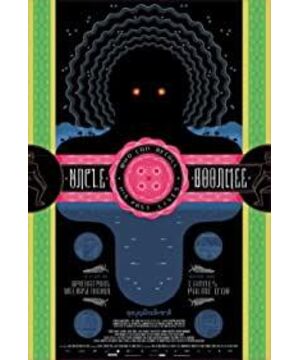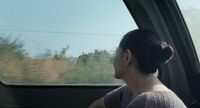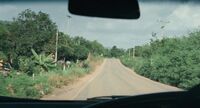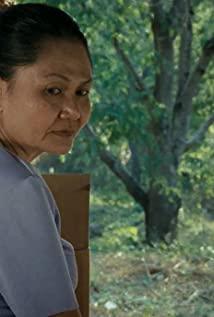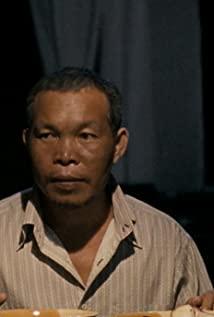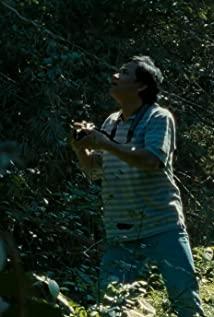What magic power does the Thais have? They abruptly stole the limelight belonging to Jia Zhangke and others. The answer is his creativity and novelty, while Southeast Asia is a blank film territory. In this way, it seems a little underestimated Apichatpong. If Jia Zhangke is a Chinese interpretation of Italian neorealism, then Apichatpong is the magic realism wandering in the tropical jungle. His works are attached with indispensable personal characteristics, hospitals, patients and foreigners. A long period of meditation, mysticism full of fantasy magic, manifested as a combination of empty shots, long shots and fixed shots. "Every five minutes there is a hypnotic invisible wave hitting." The narrative is often broken, not matching the front and back, and obscure. The most shocking time was "Tropical Malady". Many reporters suddenly woke up in the movie theater and found that the gay couple had disappeared, and they entered the tropical jungle by themselves.
Not to mention those big and empty themes, "Uncle Bumi Who Can Recall His Past Life" (hereinafter referred to as "Bou") is just a private diary of Apichatpong, and the director's style is still obvious at a glance. The title can also be changed to "Uncle Bumi's Two or Three Matters." The core paragraph is that the uncle thinks kidney disease is a kind of retribution, and he killed too many Communists when he was young. The predecessor of the film is two short installation films, "Phantoms of Nabua" (Phantoms of Nabua) and "A Letter to Uncle Boonmee" (A Letter to Uncle Boonmee). The former is the memory of a village, and the latter is the history of personal memory. They all point to that violent and bloody history. People tried to destroy the memory, Uncle Bumi lost the memory, and Apichatpong reproduced the memory. If you understand the combination of these three types of image memory, it is not difficult to understand "Bu".
At the end of "A Letter to Uncle Bumi", a white animal in the forest ran out of the picture. It is the memory incarnation of the uncle. At the beginning of "Cloth", it was replaced by a cow in the field. Just like the tiger in "Tropical Diseases", human beings, animals, and nature are one body, gradual transition, reconciliation and symbiosis. Therefore, ghosts and red-eyed orangutans are not surprising, princesses and catfish can also be regarded as part of past life memories. Apichatpong likes hearsay, the personal oral narration of the countryside, just as he heard the story of Uncle Bumi. This story can originate from "Mysterious Object at Noon" (Mysterious Object at Noon), mentioned in "Tropical Diseases" (there are also cave scenes in the film, even at the beginning it even said "All humans are beasts by nature"), and finally expanded to become The "cloth". The memory of the past life in the film can be seen as the soul leaving the body, as is the eating scene at the end, and the Tu Gong's narration in the middle is like "The Pier", which consists of still pictures and narrations that travel through time and space. In different passages, Apichatpong imitated many kinds of image memories, such as taking a walk on the farm and talking about harvesting as rum, which seems very fresh.
Compared with the rebuke and structuralist analysis, I feel that "Cloth" is Apichatpong's free will, and this method of creation is destined to not be recognized and accepted by most people. Just like watching Hollywood movies, art films and soap operas, their essence is to watch, and there is no difference. You can look far away, you can try to enter or even fail, but there is no need to deny it completely. It will also fall asleep after watching it. If Godard and Abbas are listed as hypnotic works, then choosing to watch Apichatpong fall asleep may be a better enjoyment. 【Southern Metropolis Daily】
View more about Uncle Boonmee Who Can Recall His Past Lives reviews


